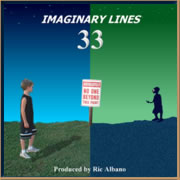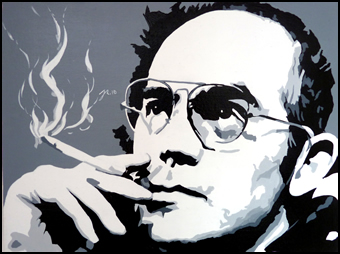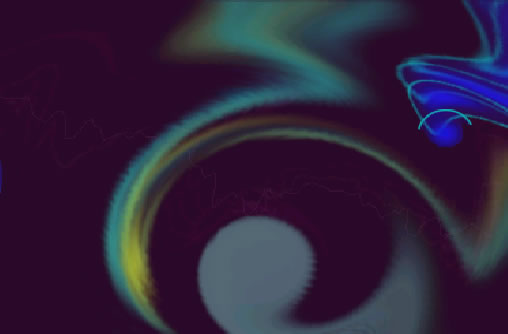 NOTE: This article was originally published in the Tuesday Morning Tailback series at BigBlueBullfrog.com.
NOTE: This article was originally published in the Tuesday Morning Tailback series at BigBlueBullfrog.com.
The Miami Dolphins defeated the New York Jets 30 to 9 on Sunday in the Jets home stadium. There was a lot of nervousness in the stadium because a hurricane was rapidly approaching. The Dolphins are used to being nervous about hurricanes approaching their own home stadium but the Jets are not. The Jets defeated the Dolphins in Miami earlier in the year in overtime. However, the Dolphins shut out the Jets in the 1982 AFC Championship game, which actually held in January 1983 at the Orange Bowl in Miami. It was a very rainy and muddy game, but not a hurricane. The Orange Bowl no longer exists, as it was torn down to make way for a new baseball stadium for the Marlins, who last won a World Series in 2003 against the New York Yankees. The Jets also claim to be from New York but actually play in New Jersey with the Giants (who also claim to be from New York). The Nets used to play in New Jersey and actually admited that they were from New Jersey, but now they play in Brooklyn, which is technically in New York. The Giants won the Super Bowl last season (which was actually held in February of this year). The Dolphins haven’t won a Super Bowl since 1973, which was the same year that Pink Floyd released The Dark Side of the Moon. I saw Pink Floyd in concert twice, both times at Veteran’s Stadium in Philadelphia, the same location where legendary Dolphins coach Don Shula became the winningest coach in NFL history in 1994. That stadium was the home of the Philadelphia Eagles who never won a Super Bowl. Neither the Detroit Lions nor the Cleveland Browns have won a Super Bowl either, although they did meet in a lot of NFL Championships in the 1950s. The most famous game of the 1950s was the 1958 NFL Championship between the Baltimore Colts and New York Giants at Yankee Stadium (the Giants actually did play in New York at the time). The winning coach in that game was Weeb Ewbank, who won two championships for the Baltimore Colts. Despit this fact, Ewbank was fired by the Colts in 1963 and replaced by Don Shula (who would eventually become the winningest coach in NFL history at Veteran’s Stadium in Philadelphia in 1994). Ewbank went on to become head coach of the New York Jets and won Super Bowl III against his former team the Baltimore Colts and coach Don Shula. Shula eventually left the Colts to coach the Miami Dolphins, who defeated the New York Jets 30 to 9 on Sunday in the Jets home stadium. There was a lot of nervousness in the stadium because a hurricane was rapidly approaching. In 2006 I wrote a song called “A New Religion” which spoke of “Dolphins flying in the sky”.
Nobody got that either.
~
Ric Albano





